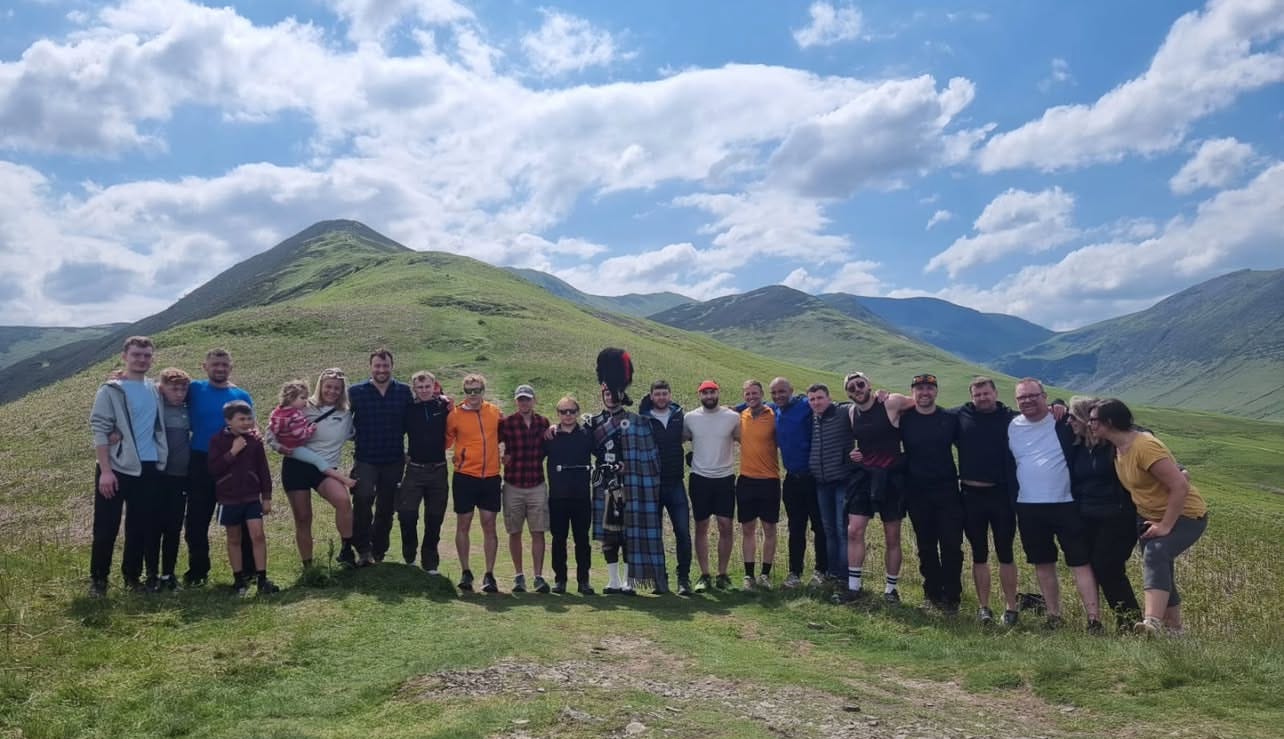If I had any mates, I might know what other WhatsApp groups are like. I imagine they’re all really friendly to your face—with zero regard for your growth behind the scenes.
This one’s different.
Like most organisations and groups these days, Poles & Crocs comes to life via a WhatsApp group. It’s where all the events are planned and it’s where everyone gets a voice
You’re probably in at least one of these WhatsApp groups yourself. The question is, who’s voice are you using?
As humans, we’re all a bit more mechanical than we like to imagine.
Certain inputs—often invisible ones—lead to automatic outputs.
You disappear from a group chat, not because you don’t care, but because your nervous system’s flooded. You smile and say yes, even when you mean no, because something in you still believes approval is survival.
In psychology, this is sometimes called drive theory: the idea that hidden forces—unconscious pressures, survival instincts, inherited beliefs—are running the show. In Transactional Analysis, it gets more specific. We’re talking about the software we download from our parents and early environments. The negative messages (injunctions) we internalise, like “Don’t be you” or “Don’t ask for help.”
It all gets a bit complicated, but we test run coping patterns (drivers) that counter these parental scripts that we install on top: “Be perfect,” “Try hard,” “Don’t feel.”
So we end up with a kind of invisible operating system.
Just like a machine, you hit input, and out comes output.
Same loop, different hardware.
But what happens when a group makes space for the code to be seen?
That’s what Poles & Crocs has done, mostly by accident and partly by design. It creates the conditions for people to notice the patterns they’re stuck in—and maybe to start choosing something else.
Seeing the Pattern
Take the phenomenon of ghosting.
In most social groups, it’s read as a lack of care or commitment. But here, there’s an assumption that something deeper is going on. Maybe you’ve got ADHD. Maybe your nervous system is overwhelmed. Maybe you’ve learned it’s safer to disappear than to say, “I need help.”
Take another potentially shame-ridden subject; money. Money might be too tight to mention but tight finances don’t make you a failure. They’re a signal. And unlike most places, where the signal gets buried under shame, here you’re invited to name it.
Luckily we have a broad range of experience and skill-sets within our group. More often than not there are people in the group who can help, without judgement or performance. And if the skills not in our group, we’ll go find it.
This doesn’t happen because we’re all enlightened. It happens because there’s a shared understanding that every one of us will be the one fucking up given enough time.
And crucially, no one’s trying to moralise it.
There are no official standards in Poles & Crocs. No hidden leaderboard. Just opportunities—opportunities for excellence, sure, but more importantly, for self-recognition. For spotting the old code in action. And maybe, with a bit of support, rewriting it.
The Leon Principle
This kind of environment doesn’t emerge by accident. It takes a few people willing to hold the line—who refuse to let things slide in the name of comfort. For us, that’s Leon.
Leon doesn’t pull punches. He’ll call you out if you vanish mid-conversation. He’ll point out when you’re making excuses. But it never comes from superiority. It comes from a place of care. A belief that you’re capable of more—and that avoiding discomfort is robbing you of something essential.
In another group, that kind of challenge might feel aggressive or unwelcome. Here, it’s part of the contract. We’re not just here to trade memes and go for a run. We’re here, whether we admit it or not, to become better men. Or at the very least, truer ones.
Choosing the Hard Path
When someone claims their so-called ‘faults’—instead of hiding or explaining them away—something opens up. You stop fronting. You get seen. And from there, things can actually change.
Ignoring the issue is always the easy option.
But if this group’s about anything, it’s about choosing the harder, more honest path.
And walking it—together.







This has given me pause for thought. How often do I mask my own faults rather than owning them? That's difficult to answer, and I think it's difficult to fully engage with someone who doesn't own their faults. That's easy to say, but not so easy to do.